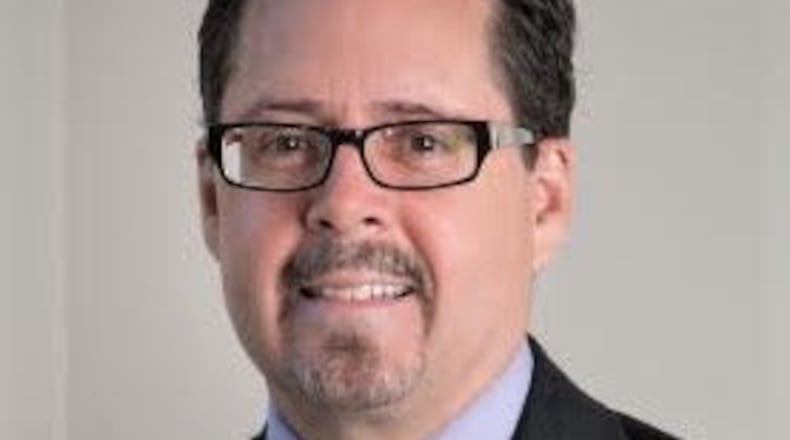Scholar Eitan Hersh describes what he calls “political hobbyism,” which some of us exhibit, even the most well-intentioned. Rather than pursuing the hard work of convincing others of the importance of a candidate, issue, or program, political hobbyists primarily engage in politics from a distance to satisfy emotional needs, or intellectual curiosities. They may obsessively follow politics on TV, social media, and in newspapers, and fire off half-baked screeds, letters to the editor, or off-the-cuff social media posts in response to what they read, or hear. They may yell at the TV while watching public affairs programming, cheering “good” players, and booing “bad” players. They think all this means they’re politically engaged, but for Hersh, politics is for power, and citizens who vote, partake in their community’s affairs, volunteer in campaigns, and urge others to do the same, eventually have something tangible to show for their efforts. Political hobbyists are often left with feelings of helplessness and despair.
Here’s an illustrative anecdote. Recently I was asked by a local candidate if we’d host a reception. Without checking with my busy wife, I agreed. She pushed back saying she’d never hosted a campaign reception before, wasn’t sure she knew the candidate well enough, and didn’t want to impose on friends. So, I asked her: “Do you want to have an impact on what happens in our community? If so, this is the hard work that must be done by folks like us.” She sighed. And agreed.
During the event, as we watched the candidate and our guests earnestly discussing our city’s challenges, we both felt a palpable sense of community concern emerging from the conversation. As things were wrapping up, my wife leaned over and whispered, “I’m so glad we did this.”
Rob Baker, Ph.D., is a professor of political science at Wittenberg University.
About the Author
